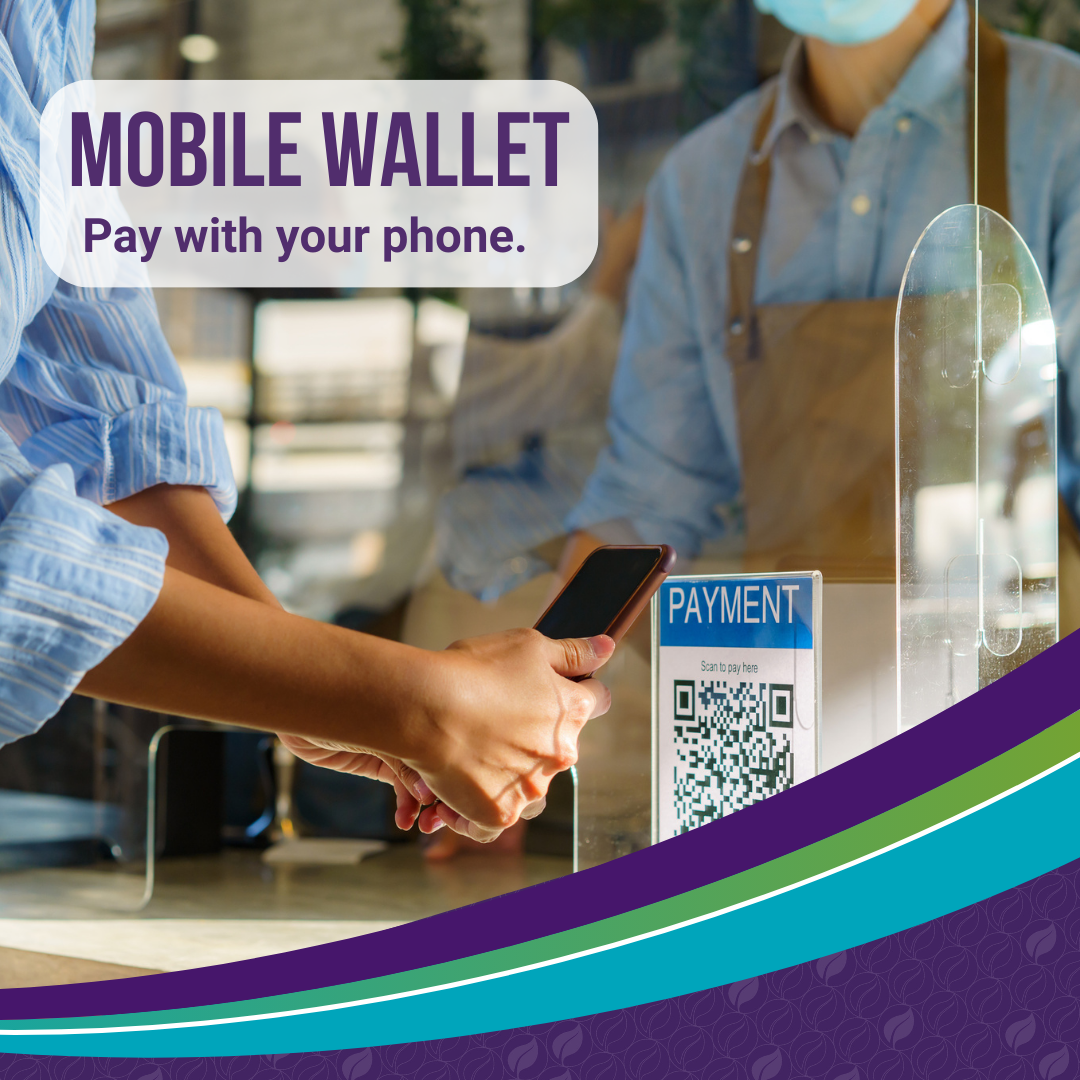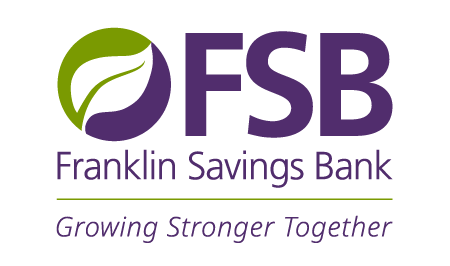When it comes to challenges, 2020 takes the cake. But, you can’t move forward if you keep looking back, and so, as your local NH bank, we are eager to empower our customers with a plan to help ring in the new year with hope via some budgeting resolutions.
Behold Franklin Savings Bank’s Budgeting 101 for 2021.
The Four-Point Focus for Budgeting in 2021
We understand that budgeting can sound overwhelming for many people. Some even associate the word itself as being punitive or restrictive. In other words, some people think if they attempt to establish a budget for their money, they can’t purchase what they want or have any fun. Not true.
As the saying goes, knowledge is power, which is why these four points, inspired by an article from The Whistler Agency, should help you focus your budgeting efforts for a “greener” 2021.
Elevate That Emergency Fund
We recognize that it’s tough to prioritize an emergency fund when your regular expenses already feel stretched. Even the thought may feel daunting and stressful. The good news is that saving money is a marathon, not a sprint, and putting away even a small amount each week will add up surprisingly fast.
Allocating funds for an emergency is one of those tasks where effort counts double. Trying to sock away any extra money for a rainy day will benefit you and your family, no matter what happens with the new year’s economy. It helps to have a goal to target your efforts.
Typically, the recommendation is to save enough money in an emergency fund sufficient to cover between three to six months of household expenses. Our advice? Don’t get bogged down by recommendations; save what you can, when you can. Once you’re on a roll, you’ll feel energized by every penny saved and inspired to find more ways to cut spending and increase that emergency fund.
Remember Your Retirement Goals
When you’re trying to keep your head above water, envisioning retirement probably feels impossible. Destinations that seem too far away can be hard to navigate towards. However, even in lean times, it’s important to keep retirement in mind and set aside any extra funds after you’ve met your monthly obligations.
Taking a moment to review your retirement savings contributions and increasing them, if possible, will help safeguard against any economic setbacks that are outside of your control. If you don’t have a financial advisor to help you create a diversified portfolio, now is a good time to find one you trust. Check out FSB’s wealth management compay, Independence Financial Advisors, to see if they are a good fit for you and your family.
Monitor Monthly Spending
Of course, it’s impossible to stick to a budget if you have no idea how you spend your money or where it goes each month. That’s why it’s so important to embrace one of two simple, yet smart, strategies designed to monitor spending.
The popular 50/30/20 rule designates a household’s spending across needs, wants, and savings. In other words, 50% of your budget should cover needs (rent, electricity, groceries, etc.), 30% goes to wants (hello, the holidays are upon us!), and 20% goes to savings (emergency fund, retirement, etc.)
Another budgeting structure, known as envelope budgeting, works similarly to the 50/30/20 rule but offers a more physical budgeting practice. You simply allocate an actual envelope to a line item in your budget, for example — groceries, gas, or even pet care — and fill each envelope accordingly. If you prefer the envelope budget to the 50/30/20 structure, don’t forget to reserve an envelope for expenses like taxes!
Downsize Your Debt
This is hardly a secret, but paying down debt is another way to further your budget by freeing up money to go elsewhere. Rather than chipping away at a credit card payment, paying an account in full saves you interest charges and allows you to allocate that money to other goals.
Here’s some good news, which might inspire you to start knocking down credit card debt: “WalletHub projects that US consumers will end 2020 with a reduction in credit card debt for the first time since the end of the Great Recession in 2009.”
Cheers to that!
If you would like some budgeting guidance, we would be happy to help! The team at our wealth management company, Independence Financial Advisors, has over 200 years of combined experience helping families like yours reach their investment goals.




